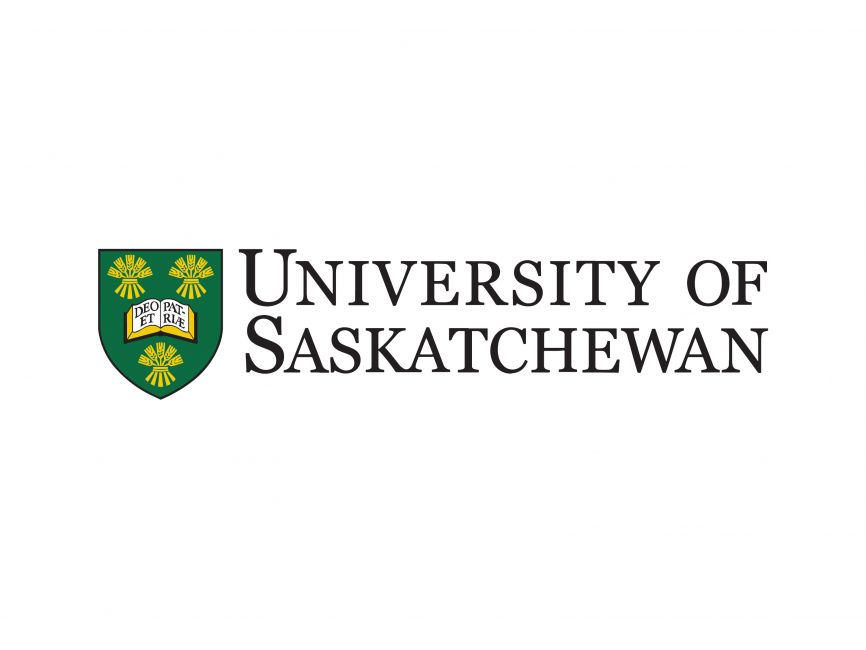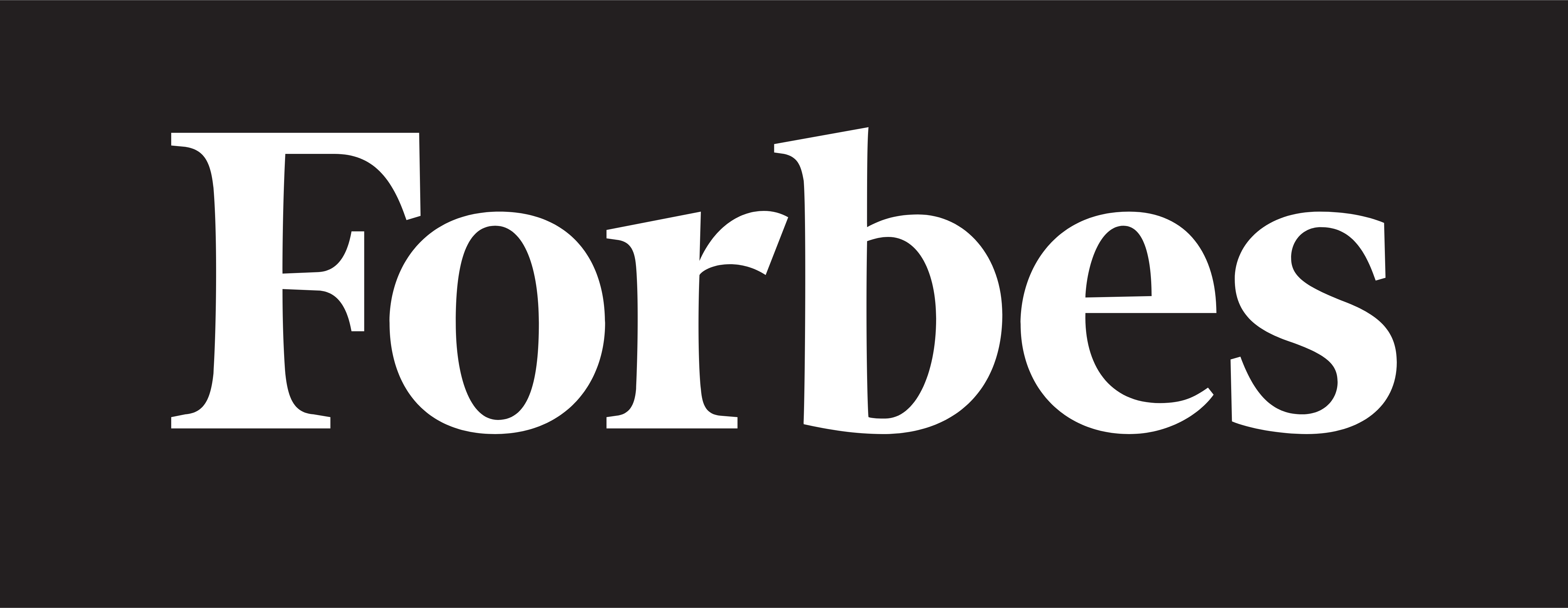Quantum News Briefs: May 17, 2024: Pasqal and Thales • EuroHPC JU and Spain • USask and PINQ2 • Harvard University • Quantum and AI • and the quantum computing stock market

Quantum News Briefs: May 17, 2024: Press release summaries below:
Pasqal and Thales Successfully Solve Satellite Planning
Challenges with Neutral-Atom Quantum Computing
![]()
Pasqal, a leader in neutral atom quantum computing, in collaboration with Thales, has announced a significant advancement in the AQUAPS project, which aims to optimize satellite planning using quantum technology. Over the past three years, supported by the Île-de-France region and GENCI, Pasqal, and Thales have utilized Pasqal’s quantum processor to enhance planning and scheduling processes in critical applications like logistics, air traffic control, and resource allocation. The teams successfully solved a satellite planning problem on Pasqal’s Quantum Processor Unit (QPU), demonstrating that neutral atom quantum computers are well-suited for such tasks due to the natural alignment between the problem and the atom arrangement in the QPU. This advancement highlights the potential of quantum computing to address complex optimization problems, offering new possibilities for the space industry and other fields.
EuroHPC JU Announces Call for New Quantum Computer in Spain
The European High-Performance Computing Joint Undertaking (EuroHPC JU) has launched a call for tender to install EuroQCS-Spain, an adiabatic quantum computer, at the Barcelona Supercomputing Center (BSC) in Spain. This system, integrated into the EuroHPC supercomputer MareNostrum 5, will complement BSC’s existing digital quantum computer procured under the Quantum Spain initiative. The project aims to provide European users from academia, industry, and the public sector access to various computing platforms, enhancing the European supercomputing infrastructure’s capabilities. The EUR 8.5 million project, co-funded by EuroHPC JU and the EuroQCS-Spain consortium, will be the first initiative to procure quantum computing hardware directly. The consortium includes BSC, Institut de Física d’Altes Energies (IFAE) from Spain, and the International Iberian Nanotechnology Laboratory (INL) in Portugal. The tender closes on June 25, 2024, with the quantum system set to support various industrial, scientific, and societal applications across Europe.
USask partners with PINQ2 to access Canada’s only IBM Quantum System One

University of Saskatchewan (USask) researchers will gain access to one of the world’s most powerful quantum computers, thanks to a $558,208 contribution from PrairiesCan through the Regional Innovation Ecosystem Program. This partnership with the PINQ2 platform, the sole administrator of Canada’s IBM Quantum System One located in Bromont, Quebec, will allow USask’s Centre for Quantum Topology and Its Applications (quanTA) to use the 127-qubit processor. This collaboration will enhance USask’s quantum computing research, including a project studying health data in children with chronic diseases. This access to advanced quantum computing will enable USask to tackle complex problems beyond the capabilities of traditional computing, furthering interdisciplinary research and innovation.
Harvard University physicists demonstrate first metro-area quantum computer network in Boston

Harvard physicists have demonstrated the world’s longest fiber distance between two quantum memory nodes, using existing Boston-area telecommunication fiber to establish a practical foundation for the first quantum internet. Led by Professor Mikhail Lukin and detailed in Nature, the team entangled two quantum memory nodes separated by a 22-mile optical fiber loop, showcasing a closed internet carrying perfectly secure signals via individual photons. This groundbreaking work, involving Harvard professors and researchers from Amazon Web Services, marks a significant step towards practical quantum networking. The nodes, small quantum computers made from diamond slivers, operate at near absolute zero and use silicon-vacancy centers to entangle and store quantum information, addressing the challenge of signal loss in quantum networks. This achievement highlights the potential for a secure, hacker-proof quantum internet, with ongoing efforts to expand the network’s capabilities.
In Other news: Forbes article: “It’s Time To Plan For An AI And Quantum Future”

A new Forbes article highlights Stanford University’s 2024 AI Index Report, showing funding for generative AI surged to $25.2 billion in 2023, an eightfold increase from the previous year. Companies must consider integrating quantum computing into their AI strategies as AI adoption accelerates to gain a competitive edge. Quantum computing can enhance AI by solving complex optimization problems and enabling more efficient and accurate model training, crucial for applications like supply chain management, manufacturing, and drug discovery. Quantum and AI can offer scalable and energy-efficient solutions, reducing the computational resources and energy consumption required by AI. Leaders should identify near-term quantum AI use cases and invest in both technologies to leverage their combined advantages and stay ahead of the competition.
In Other news: U.S. News article: “8 Best Quantum Computing Stocks to Buy in 2024”
While the financial markets focus on artificial intelligence, many investors are overlooking quantum computing, the next massive technological breakthrough, according to a new U.S. News article. Quantum computers can solve scientific calculations that traditional computers would take millions of years to compute. The quantum computing market is projected to grow from $1.3 billion in 2024 to $5.3 billion by 2029, reflecting a compound annual growth rate of 32.7%. This industry transformation prioritizes qubit quality and error correction, attracting significant investment from global governments and major industries like banking, pharmaceuticals, and sustainable energy. McKinsey predicts quantum technology could create trillions of dollars in value within the next decade. Companies such as Microsoft, IBM, Nvidia, Alphabet, Honeywell, Amazon, Intel, and Taiwan Semiconductor are positioned to benefit from this growth, making quantum computing a promising investment.
In Other News: Investor Place article: “3 Secret Quantum Computing Stocks Flying Below Wall Street’s Radar”
![]()
According to a recent Investor Place article, quantum computing stocks are poised for significant growth as quantum computers demonstrate superior capabilities over traditional computers. Quantum Computing Inc. (QUBT), Rigetti (RGTI), and IonQ (IONQ) are three noteworthy companies in this sector. QUBT, with a market cap of $72 million, is notable for its strong leadership and collaborations with NASA and Amazon. Rigetti, valued at $227 million, is developing multi-chip quantum processors and has secured deals with Amazon, Microsoft, and the U.S. Department of Energy. IonQ, with a market cap of $1.95 billion, markets quantum computers capable of developing AI more efficiently than GPUs, and has seen a 98% revenue increase in 2023. The quantum computing market, valued at $1.3 billion in 2024, is expected to reach $5.3 billion by 2029, reflecting the technology’s rapid adoption and potential to address complex problems in atomic physics, logistics, and AI.



















